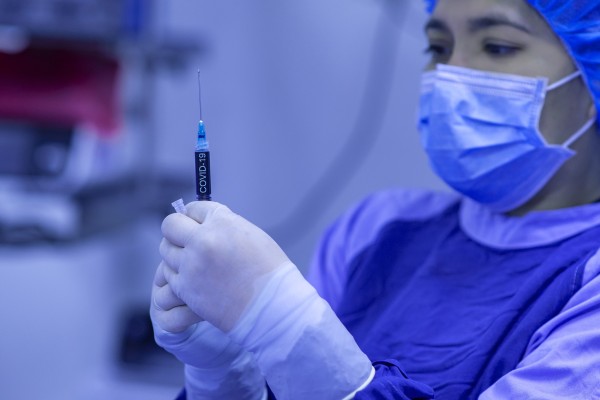New Zealand has begun to roll out its Covid-19 vaccination programme, starting with those working at the border, including in the Managed Isolation and Quarantine (MIQ) facilities. There have been calls for prioritising other groups such as those in South Auckland [1] and meat industry workers [2] and the National Ethics Advisory Committee has released a final report [3] on Resource Allocation and Covid-19 that includes a section on vaccine prioritisation. The NZ Government has also developed a Covid-19 Vaccine Strategy [4] but without any detailed prioritisation.
Broadly speaking there are two benefits to vaccination; protection of the individual and protection of the community (by reducing the risk of transmission and of reducing the risk of outbreaks that overload the health system).
Prioritisation for vaccination is not the same for all settings. The UK approached this with urgency and expedited the approval of vaccines because of the very high incidence of Covid-19 in the UK. Their priorities are as follows [5]:
- Residents in care homes
- Everyone 80 and over and front-line health workers
- People aged 75 and over
- People aged 70 and over and clinically vulnerable
- People aged 65 and over
- People aged 16-64 with underlying health conditions
- People aged 60 and over
- People aged 55 and over
- People aged 50 and over.
They will then presumably offer to the rest of the UK population to reach “herd immunity” with the hope that the epidemic in the UK will be controlled.
In New Zealand, given that we continue to be able to control cases at the border and do not end up with endemic disease, our priorities need to be different. We have started with vaccinating border workers in settings such as MIQ facilities, followed by vaccinating their whānau:
“The next challenge was to capture the whānau and the bubbles of the border workers – and then the rest of the community, she [co-chair of the Covid Immunisation Implementation Advisory Group, Te Puea Winiata] said [6].
The argument for vaccinating the whānau of frontline workers is not that they are especially vulnerable, but that by doing this we make the likelihood of a community outbreak less (given it is the border where the risk of disease importation exists). As we have seen the process of managed isolation and quarantine has worked well enough for us to have mostly been without restrictions, it cannot be perfect. However any breach of the MIQ border is made less likely the more of the “bubble” of those exposed to the virus are covered. If all the people who come into contact with those infected by the pandemic virus are vaccinated, and all their contacts are vaccinated, and all the people in their communities are vaccinated, then it is less and less likely that we will have community spread from a border control failure. New Zealand priorities should therefore be:
- Any border or health worker likely to be exposed to cases of Covid-19, either already diagnosed or asymptomatic. (This includes those doing testing).
- Family/household members of these workers.
- The communities within which these workers live.
- New Zealanders planning to leave on a return trip to Covid-19 endemic areas.
The last category may raise concerns. Surely these are privileged people who can afford to travel and should not “jump the queue” just because they are able to travel? My argument is that yes they get a personal benefit (of being less likely to catch Covid-19 whilst abroad) but the benefit to the community of having fewer people arriving in NZ with Covid-19 justifies vaccinating these people before the leave, so that they are not infected when they come back.
We could also vaccinate people on arrival into New Zealand that may help contain any spread within the quarantine facilities.
We should then vaccinate the rest of the community with the aim of reaching high enough numbers in NZ overall and in every community to mean that we could lift the requirement for quarantine on entry to NZ without there being a risk of community spread.
We should be looking at the vaccine as a tool to strengthen our already considerable ability to prevent community spread arising from border control failures. Whilst in other countries vaccination is being used as a tool to provide protection to individuals, until herd immunity is achieved, by itself it cannot provide the level of protection we have achieved by border controls using a population approach.
Given the rationale and list above, the South Auckland community should be vaccinated as soon as the border workers and their whānau are vaccinated. However, the meat workers should be vaccinated along with the rest of the population unless they are in communities around the MIQ facilities or international airports or ports.
* Contact details: Dr Ben Gray, University of Otago Wellington. Email: ben.gray@otago.ac.nz
Image by torstensimon from Pixabay

